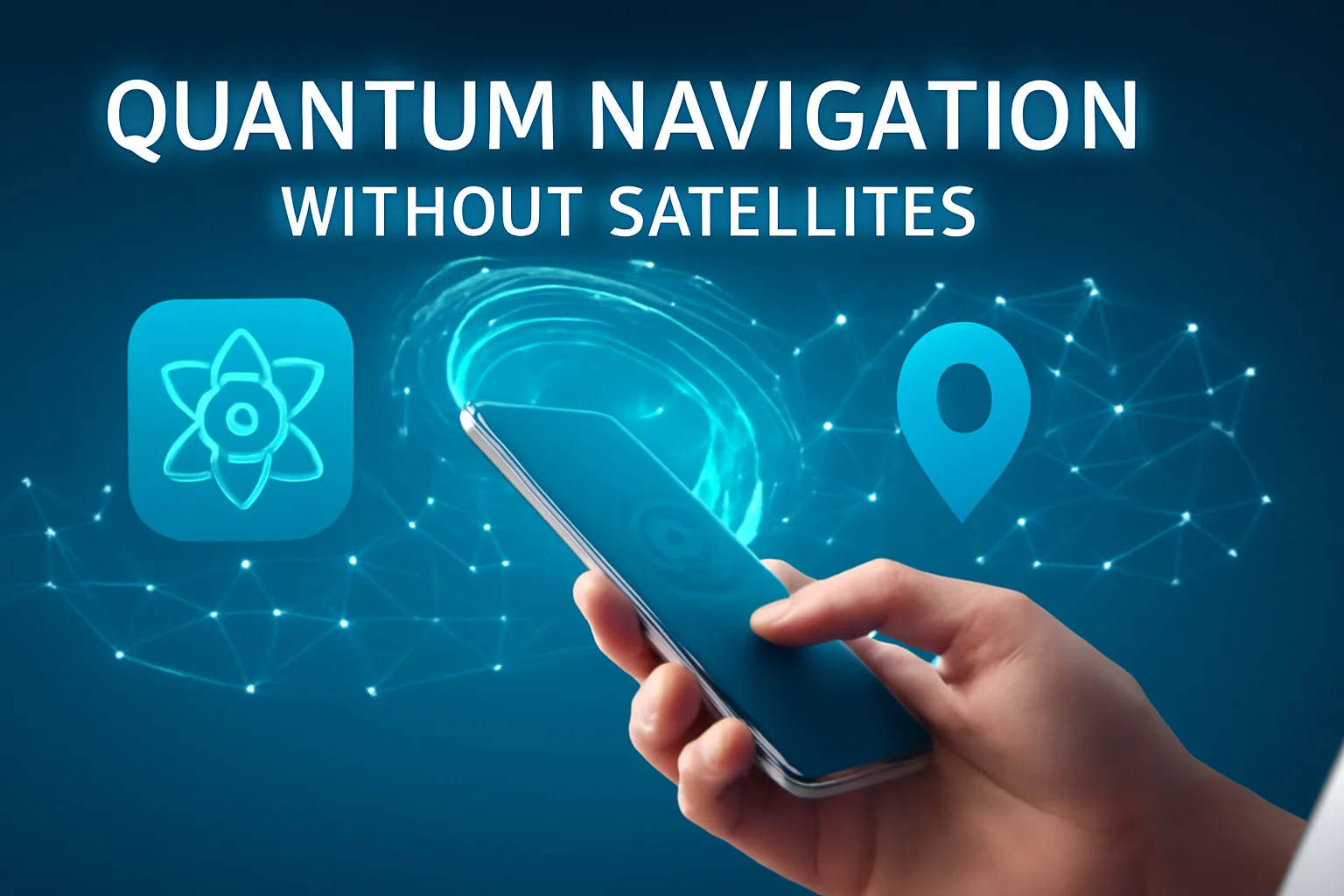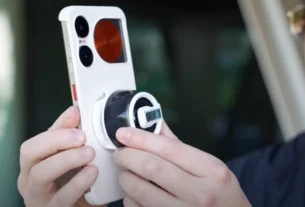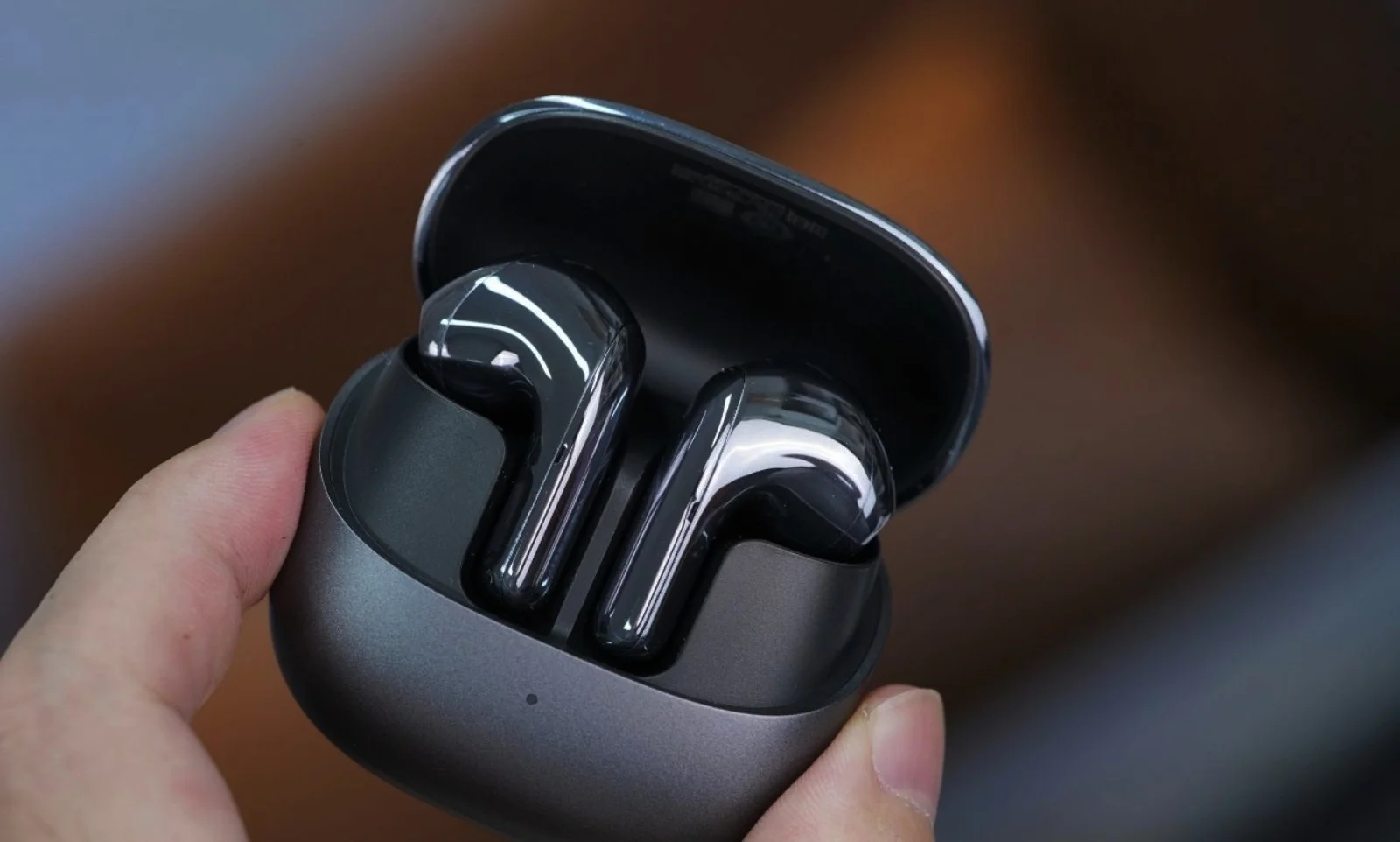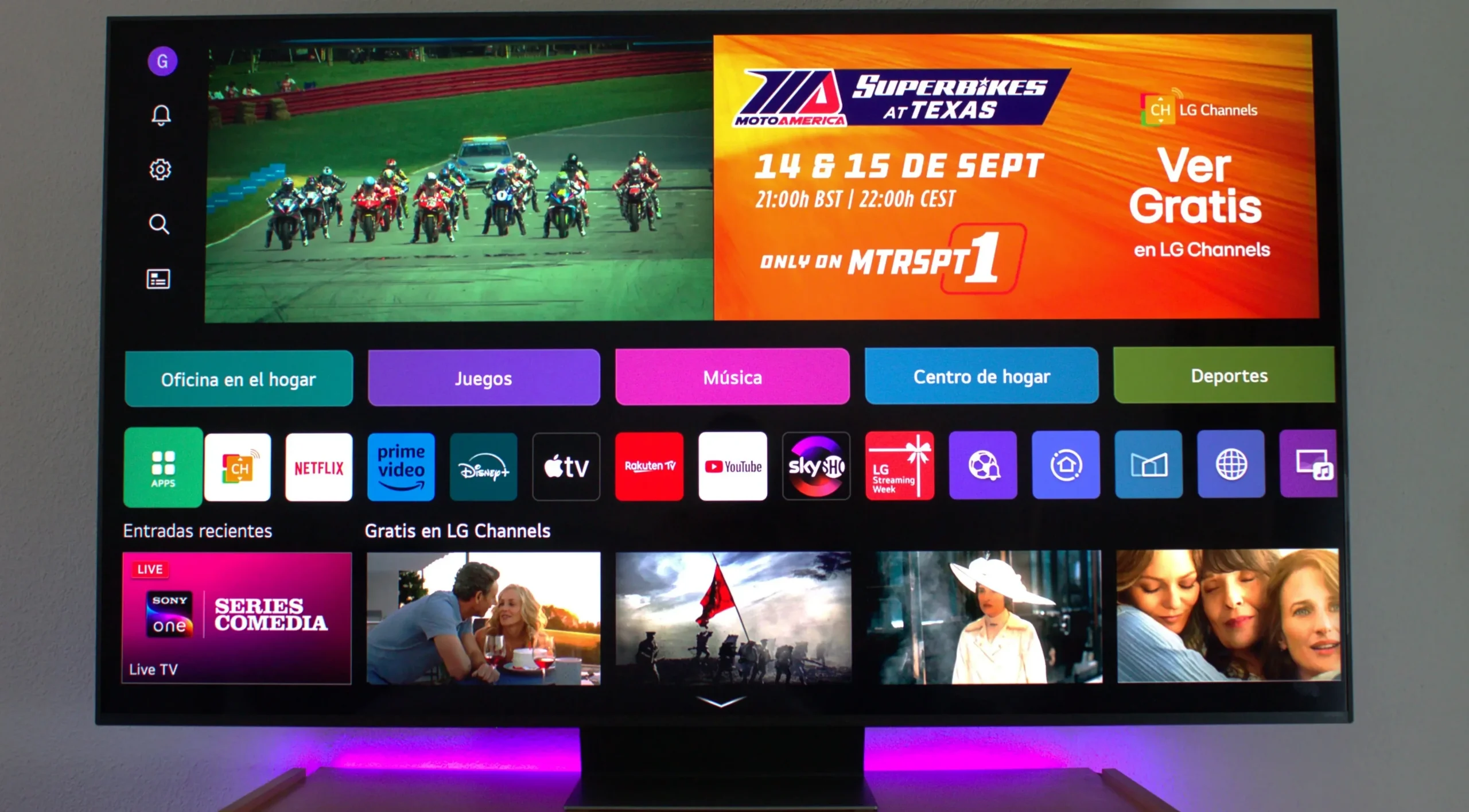Google Maps, Waze, and all other mapping apps have a new competitor: quantum navigation could change the industry forever. The system has already been successfully tested.
Google Maps leads the way in map apps with over 70% of the market share, closely followed by Waze, but they have a new competitor. Quantum navigation could be the solution to satellite problems.
GPS uses a satellite system with well-known limitations: signals can be lost or even manipulated. Quantum navigation does not use satellites, but instead takes advantage of the Earth’s own magnetic field.
Quantum or satellite navigation?
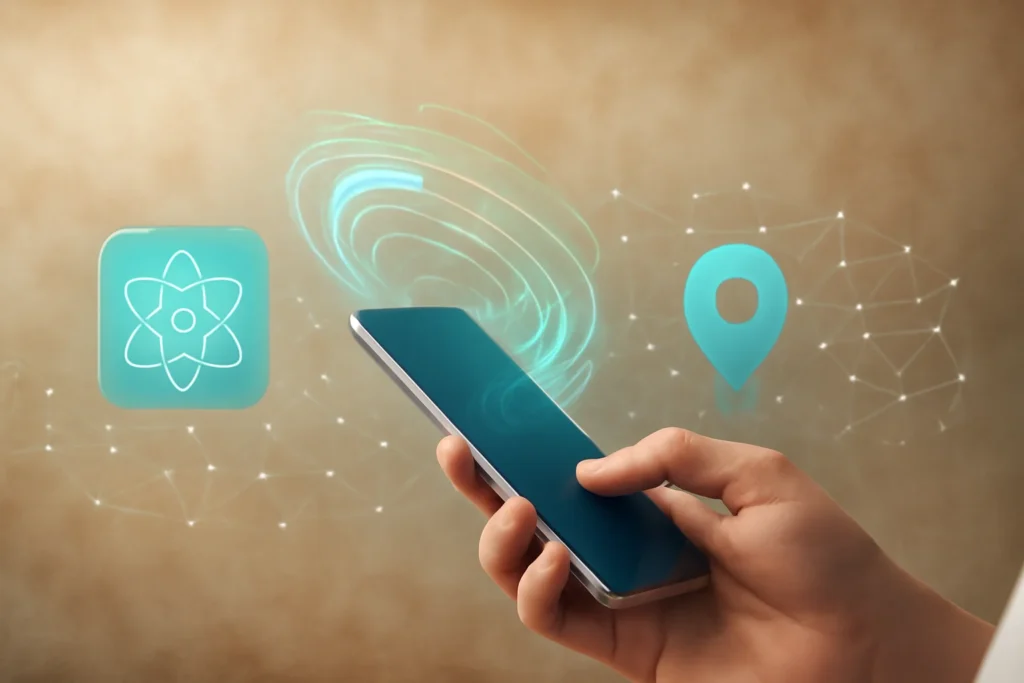
Australian company Q-CTRL is pioneering this technology with Ironstone Opal, a series of ultra-sensitive sensors that use the Earth’s own physical characteristics to detect the location of objects.
This alternative to satellites uses principles of quantum physics, with sensors capable of detecting tiny variations with unprecedented accuracy. Every space has small magnetic anomalies that have already been mapped, a kind of “fingerprint,” so the software simply compares them with maps of the Earth.
The main difference with the system used by Google Maps is the source of information. This technology needs to connect to several satellites, making it vulnerable to interference and blockages, and the signal is even weakened by buildings or objects.
Quantum navigation relies solely on geophysical properties. This system works indoors, underwater, in areas where satellite connections are not available, or in environments where radio signals are deliberately manipulated.
Quantum navigation has passed all tests
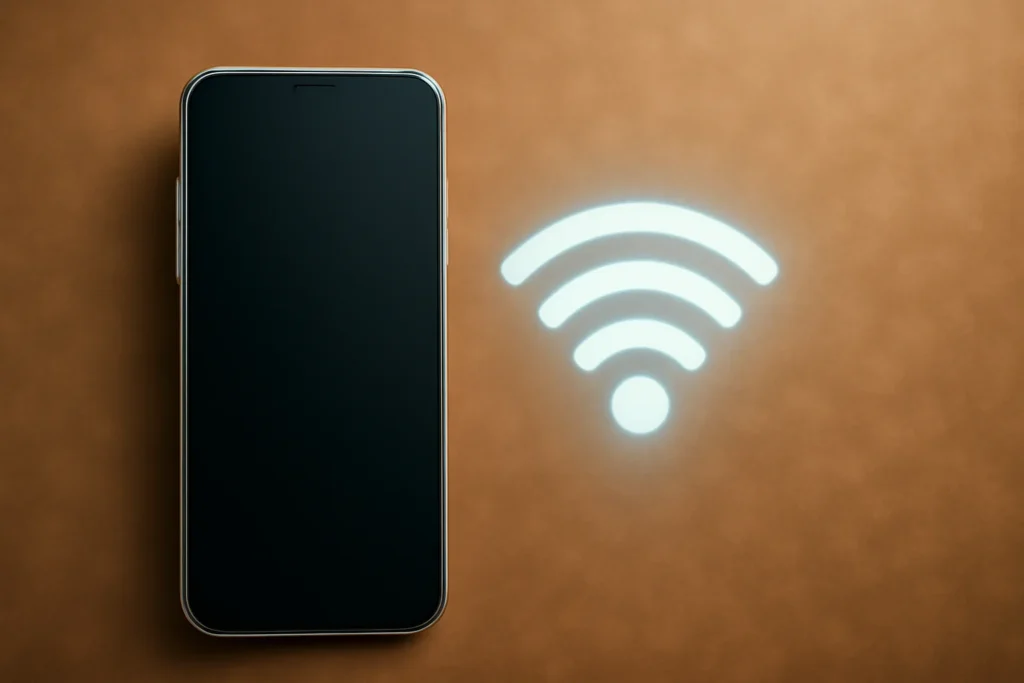
Navigation using variations in the magnetic field has passed all initial tests, with Q-CTRL reporting that it even exceeds their expectations. The company has begun collaborating with defense agencies in the United States and Australia and aerospace companies such as Lockheed Martin.
The Ironstone system has been tested mainly in aircraft and land vehicles. Navigation accuracy is even higher than the current satellite connection system with a lower margin of error, all without any satellite correction.
Quantum navigation is not intended to replace GPS entirely, but it could be an alternative for remote areas that are not covered by satellite connections, not even Elon Musk’s Starlink network, or conflict zones where signals are cut off or manipulated.
Q-CTRL claims that this system could revolutionize commercial aviation with radar systems that are more accurate than ever and are not affected by weather conditions. Quantum navigation could also improve the autonomy and safety of drones, submarines, and autonomous cars, which are highly dependent on GPS.

